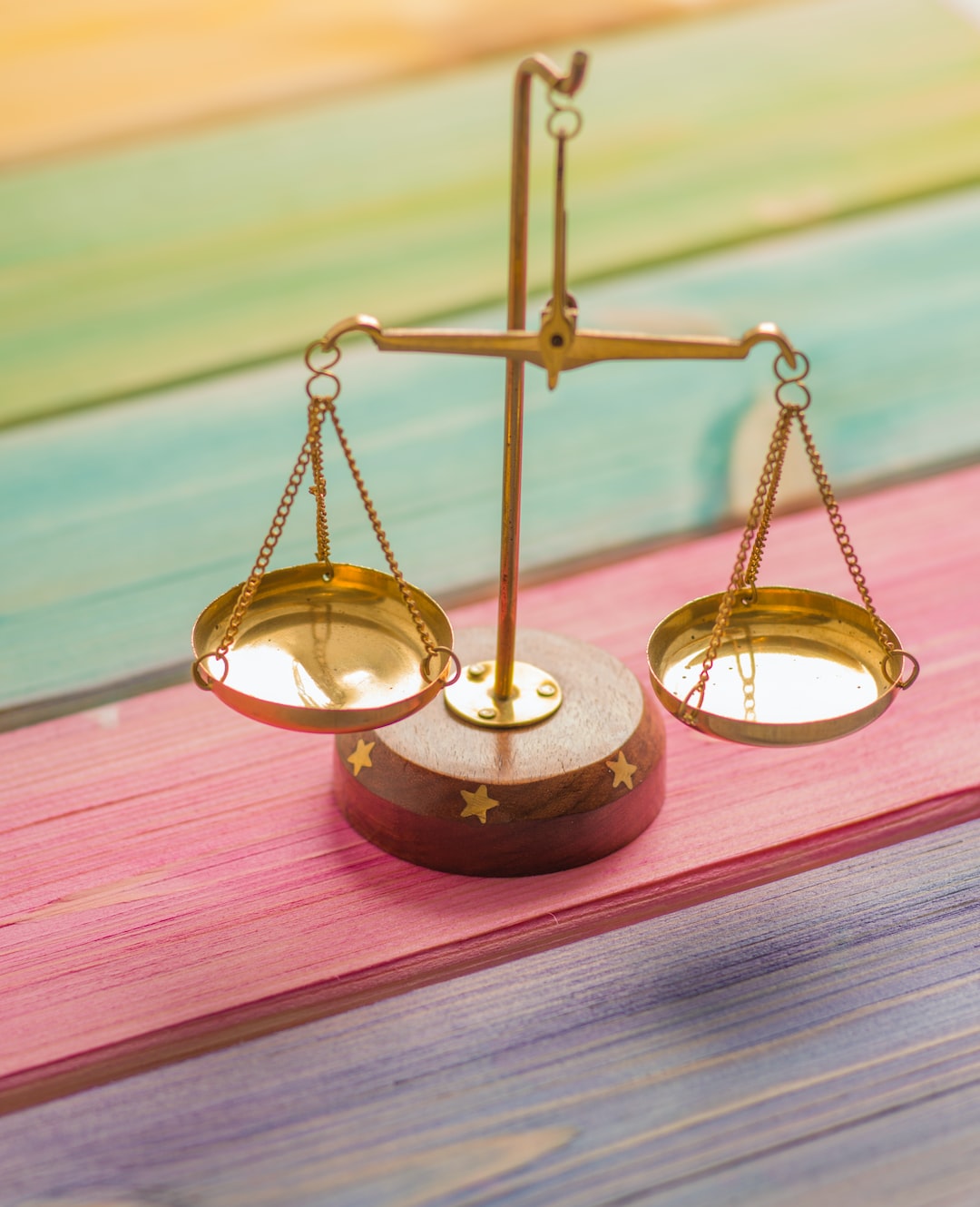Artificial Intelligence and the Law: Anticipating Legal Challenges in the AI Era
Artificial Intelligence (AI) has rapidly advanced in recent years, bringing about a host of new possibilities and innovations across various industries. From autonomous vehicles to virtual personal assistants, AI technology is transforming the way we live and work. However, with great power comes great responsibility, and as AI continues to evolve, the legal implications surrounding its use are becoming increasingly complex.
One of the biggest challenges facing the legal system in the AI era is the question of accountability. As AI systems become more intelligent and capable of making autonomous decisions, it becomes critical to determine who should be held responsible when things go wrong. For instance, in the case of a self-driving car causing an accident, should the manufacturer be held liable, or should it be the responsibility of the AI algorithm developer? When it comes to AI-generated content, such as deepfake videos and fake news, who should be accountable for their creation and dissemination?
Another area of concern is privacy and data protection. AI systems rely heavily on collecting and analyzing vast amounts of personal data, often without users being fully aware of it. This raises questions about consent, transparency, and ensuring that data is used ethically and in compliance with privacy laws. Additionally, as AI algorithms are developed and trained using data sets, biases can inadvertently be introduced, leading to discriminatory outcomes. It becomes crucial for the legal system to address these issues and ensure that AI technology respects individual privacy rights and operates fairly and equitably.
Intellectual property is yet another domain where legal challenges arise in the AI era. As AI technology becomes more creative, generating artistic works, music compositions, and written content, it raises questions about copyright ownership. For example, if an AI creates a musical composition, should the copyright belong to the AI’s creator or the person who trained the AI? Without clear regulations in place, disputes over ownership and rights could become more frequent, leading to legal uncertainty in the creative industry.
Ethical considerations also come to the forefront when discussing AI and the law. AI systems can reflect and perpetuate the biases present in the data they are trained on, leading to discriminatory outcomes. From facial recognition software misidentifying people of color to AI algorithms used in hiring processes favoring a particular gender or race, these biases can have serious implications. Legal frameworks need to address these ethical concerns by ensuring transparency in algorithmic decision-making, implementing ethical guidelines for AI development, and establishing mechanisms for recourse in cases of discrimination or harm caused by AI systems.
The rapid advancement of AI also raises questions about job displacement and the rights of workers. As AI technology automates various tasks, there is a growing concern about the impact on employment. Legal frameworks must adequately address issues such as worker protection, retraining programs, and establishing a fair balance between AI-driven automation and human labor. It becomes crucial to ensure that AI technology is used to enhance human capabilities and not replace them entirely.
Not only do legal challenges arise within the realm of AI itself, but the legal profession is also affected by AI technology. AI-powered tools are increasingly being used by lawyers and law firms to improve efficiency, streamline tasks, and aid in legal research. However, the use of AI in the legal profession raises questions about professional responsibility, confidentiality, and the potential for AI to replace certain legal roles. The legal system needs to adapt to these advancements and establish guidelines for the ethical and responsible use of AI in the practice of law.
The AI era presents a multitude of legal challenges that require proactive and forward-thinking approaches. As AI technology continues to evolve, it is crucial for the legal system to keep pace in order to effectively address these challenges. By developing comprehensive and flexible legal frameworks, encompassing accountability, privacy, intellectual property, ethics, worker rights, and the use of AI in the legal profession, we can ensure that AI is harnessed responsibly and for the benefit of society as a whole. With appropriate legal regulations in place, we can navigate the AI era towards a more equitable and ethical future.

